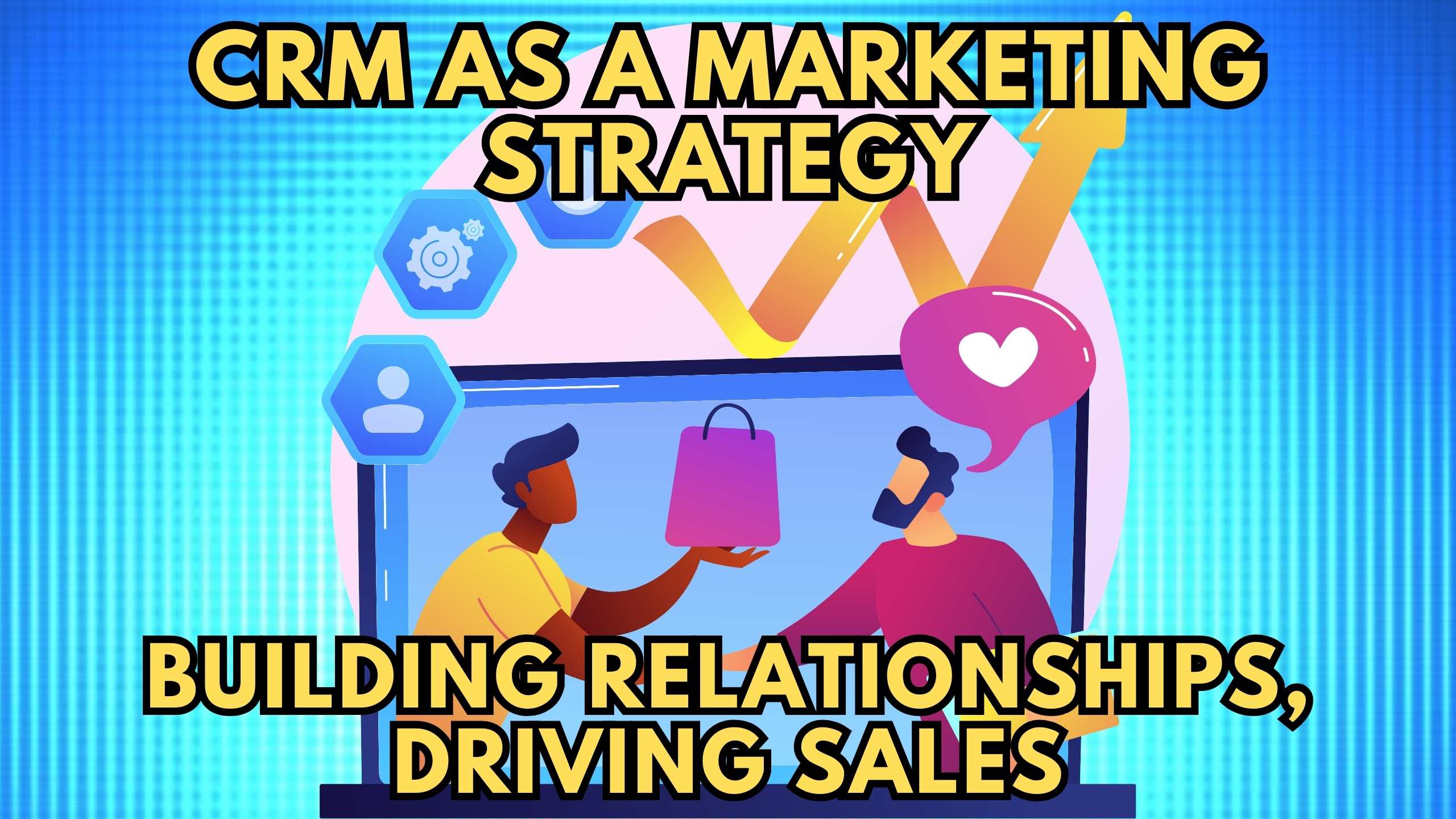CRM as a Marketing Strategy: Building Relationships, Driving Sales
- Proposal Software Customer Relationship Management


CRM as a Marketing Strategy: Building Relationships, Driving Sales
Customer relationship management (CRM) software has become an indispensable tool for modern marketing strategies. By centralizing customer data and interactions, CRM empowers businesses to nurture leads, boost sales, and promote loyalty.
Gathering Insights on Customers
The foundation of any successful marketing campaign is understanding your customers. CRM software consolidates all customer information into a single database, creating 360-degree customer profiles. These profiles provide insights that can be used to segment audiences and personalize messaging to be more relevant.
CRM systems track every interaction with customers across channels, capturing important data like purchase history, engagement with campaigns, service requests, and more. This data reveals patterns on what content resonates with different customer groups, guiding decisions on marketing strategies.
For example, HubSpot CRM and Salesforce CRM provide automated lead scoring to rate each contact’s sales readiness. Marketers can then tailor campaigns and offers based on a lead’s score.
Nurturing Leads with Targeted Content
Marketers rely on CRM platforms to identify promising leads and nourish them by delivering customized content. Features like email builders, landing page editors, automated workflows, and campaign tracking equip teams to target segmented groups with relevant messages.
As an illustration, Zoho CRM allows creating drip campaigns that automatically send a predefined sequence of emails to contacts over time. These campaigns systematically engage and educate cold leads to turn them into marketing qualified leads.
Optimizing the Buyer’s Journey
CRM software centralizes interactions happening through multiple channels, capturing important touchpoints throughout the entire customer lifecycle. This consolidated view of each customer relationship enables optimizing engagement during the complex buyer’s journey.
Platforms like Insightly CRM provide kanban-style opportunity boards to visually track deals through key pipeline stages. Marketers can then identify bottlenecks causing drop-offs and realign processes to create a seamless experience.
Promoting Loyalty through Superior Service
Delivering five-star service is crucial for retaining customers and earning referrals. CRM systems store every past exchange and service request submitted by a customer, creating comprehensive histories. These insights into each customer’s unique needs and challenges equip service teams to resolve issues quickly and effectively.
For example, Zendesk CRM enables creating support tickets directly from customer profiles. Agents can view context on past interactions while assisting the customer, resulting in more personalized and satisfactory experiences. By providing VIP treatment for high-lifetime-value customers, businesses earn loyalty and advocacy.
Conclusion
CRM software has revolutionized modern marketing by enabling more personalized, relevant, and impactful customer engagement. Core capabilities like consolidated insights, workflow automation, and service context equip teams to optimize experiences across the entire buyer’s journey – from initial reach to long-term loyalty. As strategies continue evolving, CRM platforms provide the foundation to build strong customer relationships and drive sales.
Elevate Your Marketing Strategy with Subscribed.fyi
Are you looking to enhance your CRM strategy and optimize your marketing efforts? Subscribed.fyi is your all-in-one solution. Sign up for free today at Subscribed.fyi Deals to unlock exclusive deals, save big on SaaS tools, and streamline your CRM and marketing operations.
Relevant Links:








